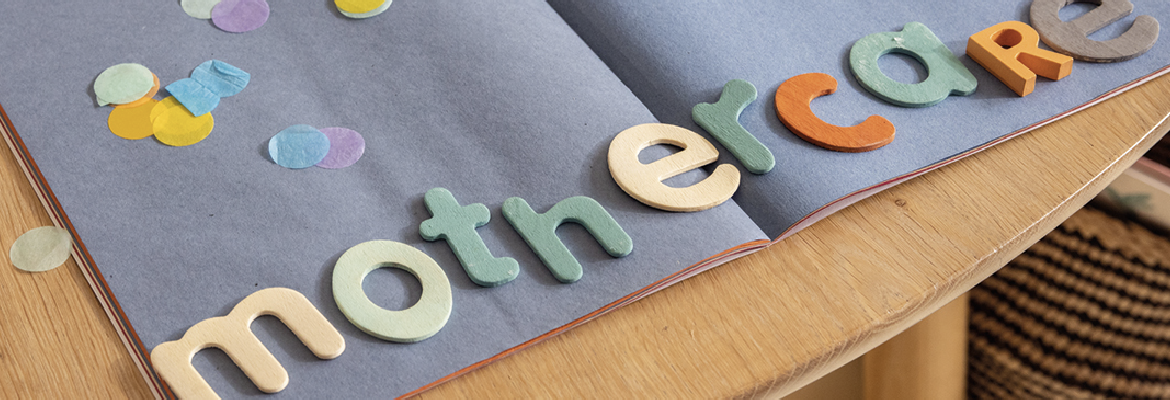
For your child, the world is a wondrous place. Sit with them while they watch dough and glue turn into slime. Sometimes adults recapture some of our lost sense of wonder through the innocent eyes of our children. We, adults, tend to dictate what is valuable and what is not and impose it on our children. Instead, a child should be allowed to experiment and become a trained observer. Curiosity and observation are at the heart of learning.
Encourage questions

We are trained to respond to the right answer that we forget to encourage asking questions. There are many ways to be the best parent and one of them is by encouraging your child to ask questions. Children should be encouraged to ask questions because it helps them develop their reasoning skills. Questions help children learn about the world around them, connect with others, and make sense of complex ideas.
Questioning also helps children develop their problem-solving skills as they are often required to find answers on their own or collaborate with others to find an answer. One of the most important things you can do as a parent is to encourage your child's curiosity. But it is also important for parents to answer their questions and not dismiss them with a simple "I don't know." If you don't know the answer, look it up together or find someone who might know".
In summary, our roles as parents are to help to find answers and help children learn the process by which they can answer their questions. Imagine, your child asking you, "Mom, where is my watch?", or a social problem such as "Mom, my best friend is always copying my artwork, what should i do?" or how to complete homework, "Can you help me with this problem, I don't get improper fraction."
Let's also be realistic not all parents can answer all questions at all times, but it is discouraging to dismiss it altogether by saying: "Stop asking so many questions", or simply "i don't know". Or the answer to the girl's best friend "Tell her to stop copying you." The trick here is to take different perspectives by letting your daughter think by asking her to clarify her questions, For example, the copied-art question. Instead of saying "Tell her not to copy her", look at the broader issues of friendship, such as "What might happen if you report to the teacher, or tell her off? Will she still want to be your friend?” If you choose to respond along these lines, you are on the right track.
The message we want to relay to our kids is that her questions matter to us and that actions have consequences. The more we practise and experiment, the better we get at it and our children benefit by acquiring the skills required to answer any complex social, personal, or even academic questions.
Encourage creativity when solving problems

Children who are willing to learn from mistakes are more engaged in learning, and more interested in experimenting with new ways to solve problems. There are many examples in school where our children find opportunities to find answers or solutions on their own. For example, once in kindergarten, my 5-year-old son was given a bunch of colour pencils and he needed pink, but there was none. There are many ways he could have solved the problem: ask his classmates, or the teacher would be one obvious solution. Instead, he took and mixed the colour white with red (which makes pink) - he solved the problem on his own. Let us take science and mathematics for example. Most kids can do memorization, but if they see this as the only way to learn, we have taken away the driver of lifelong learning which is real curiosity and creativity. It is not enough to simply be able to classify living and non-living things as taught in the third-grade science curriculum based on textbooks. Children now have resources at the tip of their fingers to find answers on the internet; an engaged learner will have many more questions.
